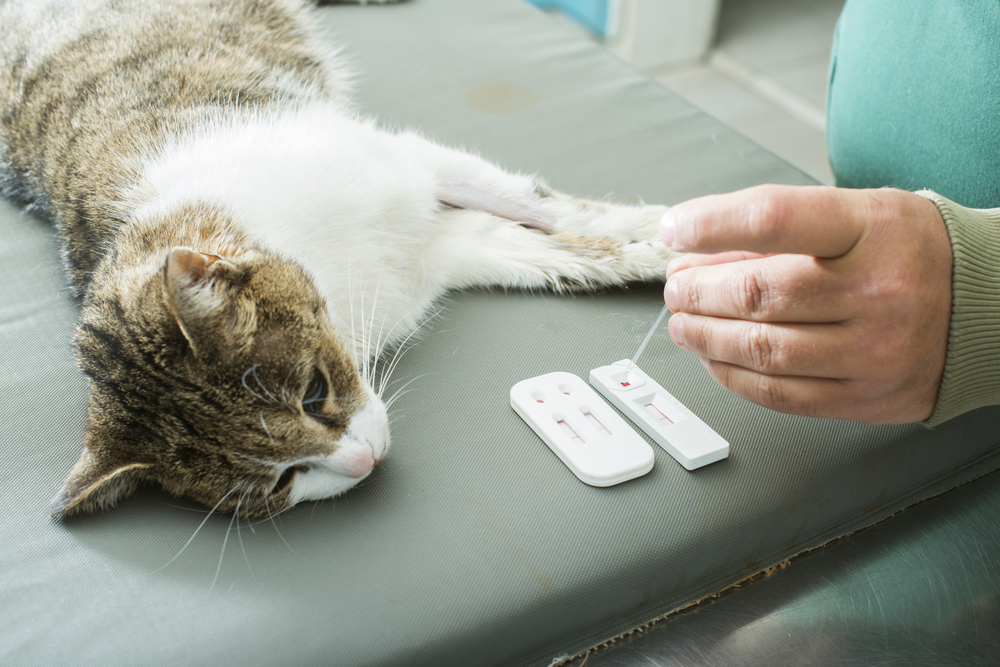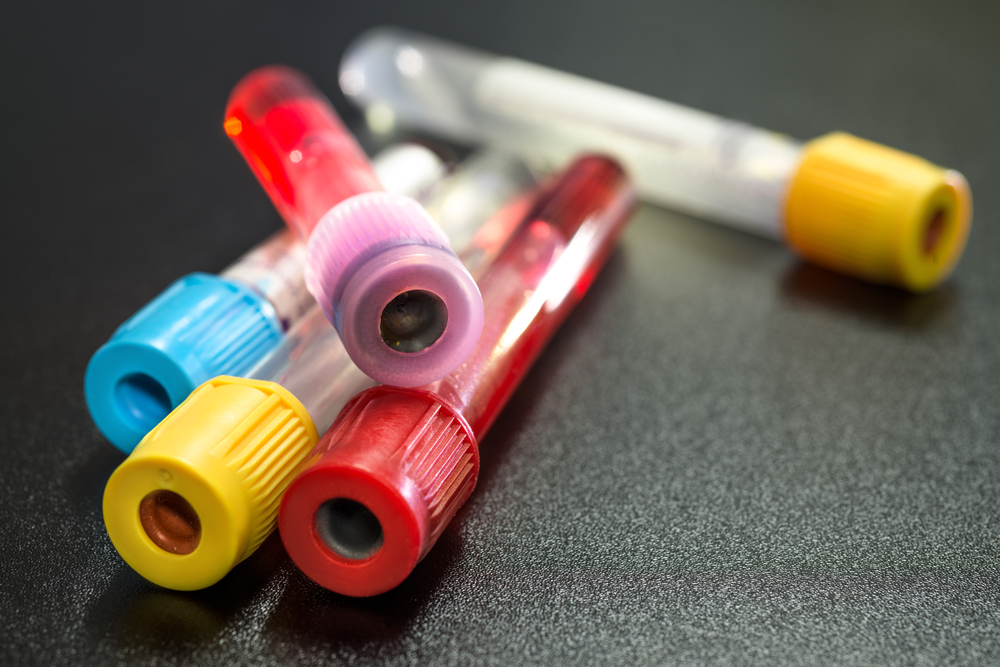The Importance of Annual Bloodwork for Early Disease Detection
At Animal Medical Hospital of Naples, we understand how much your pet’s health matters to you. While routine checkups, vaccines, and a balanced diet are essential, annual bloodwork plays a critical role in identifying silent health issues that might otherwise go unnoticed. Pets can appear outwardly healthy while facing conditions that, if undetected, can progress quickly and quietly.
Routine blood testing offers a window into your pet’s internal systems and provides essential data that allows us to take proactive steps—long before symptoms appear.
Why Annual Bloodwork is a Critical Part of Pet Healthcare
Pets age faster than humans, which means their health status can change dramatically over the course of just 12 months. Annual bloodwork gives us the opportunity to catch changes early, when treatment is most effective and outcomes are often more favorable.
Conditions such as kidney disease, liver dysfunction, diabetes, and thyroid imbalances often begin with subtle or no symptoms. Through routine testing, we can identify these issues in the early stages—helping you avoid more advanced illness and costly interventions down the road.
To explore the broader importance of consistent veterinary care, visit Why Are Regular Veterinary Visits Important?
Understanding Blood Tests: What It Involves
When your pet comes in for annual bloodwork, we typically run two main panels: a Complete Blood Count (CBC) and a Serum Chemistry Profile. These tests are comprehensive, minimally invasive, and incredibly informative.
Complete Blood Count (CBC)
- Red Blood Cells (RBCs): Evaluates oxygen-carrying capacity and detects anemia or dehydration.
- White Blood Cells (WBCs): Identifies infection, inflammation, or immune system activity.
- Platelets: Measures clotting ability and flags potential bleeding disorders.
Serum Chemistry Panel
- Kidney Function (BUN, Creatinine): Detects early signs of kidney disease.
- Liver Enzymes (ALT, AST, ALP): Assesses liver performance and identifies inflammation or damage.
- Blood Glucose: Screens for diabetes and other metabolic conditions.
- Electrolytes (Sodium, Potassium, Chloride): Tracks hydration status and internal balance.
- Proteins (Albumin, Globulin): Monitors immune function and liver/kidney health.
For pets with certain risk factors or breeds prone to endocrine conditions, we may also run thyroid hormone panels. Hypothyroidism is particularly common in dogs and can be confirmed through blood testing. Learn more at Hypothyroidism in Dogs – Cornell University.
Diseases Detectable Through Bloodwork
Annual bloodwork plays an essential role in identifying common, yet serious, conditions at a manageable stage.
Kidney Disease
Chronic Kidney Disease (CKD) is especially common in aging cats and some dog breeds. Blood testing allows us to monitor BUN and creatinine levels and begin dietary or medical interventions early. Learn more at Chronic Kidney Disease in Cats – Cornell Feline Health Center
Liver Disease
Bloodwork helps identify inflammation or liver damage before symptoms like vomiting, jaundice, or weight loss become obvious. Early detection allows for prompt treatment.
Diabetes Mellitus
A simple blood glucose test can detect diabetes—especially important if your pet shows increased thirst, appetite changes, or weight loss.
Hyperthyroidism in Cats
Often diagnosed through bloodwork, this condition causes increased metabolism, weight loss, and restlessness. If left untreated, it can lead to high blood pressure and cardiac complications.
Monitoring Health at Every Life Stage
Annual bloodwork is recommended for all pets, regardless of age, but the reasons behind it may differ:
Puppies and Kittens
- Screens for congenital disorders and establishes healthy baseline values.
Adult Pets
- Monitors trends and identifies early signs of organ stress or disease before symptoms appear.
Senior Pets
- Older pets benefit from more frequent testing (every 6 months), as they are at greater risk for chronic illnesses. For more, visit Preventive Testing for Senior Pets – Zoetis Petcare
Frequently Asked Questions About Pet Bloodwork
Is bloodwork painful for my pet?
No. Blood draws are quick and typically cause only minor, momentary discomfort. Most pets tolerate the process very well.
How long do results take?
Basic results are usually available within 1–3 business days. If additional tests are required, we’ll keep you informed throughout.

What if my pet is nervous or anxious?
Our team uses gentle handling, calming techniques, and can discuss mild sedation options if needed to ensure your pet stays comfortable and relaxed.
What if the bloodwork is normal?
Normal results are valuable. They give us a baseline for future comparison and confirm that your pet is currently healthy.
Appointment Preparation Tips
To help us deliver accurate results and reduce stress for both you and your pet:
- Follow Fasting Instructions: Typically, 8–12 hours without food is recommended.
- Bring Medication Lists: Include all prescriptions, over-the-counter supplements, and vitamins.
- Document Observations: Note any behavioral or physical changes you’ve noticed, including appetite, thirst, energy level, or bathroom habits.
We’re Here to Support Your Pet’s Health
At Animal Medical Hospital of Naples, our mission is to provide clear, compassionate care rooted in prevention. Annual bloodwork is a cornerstone of that approach—allowing us to monitor internal health, catch diseases early, and tailor care for your pet’s specific needs.
If you have questions or would like to schedule an appointment, we’re just a call or click away. Together, we can ensure your pet lives a longer, healthier life through smart, proactive veterinary care.







Leave A Comment